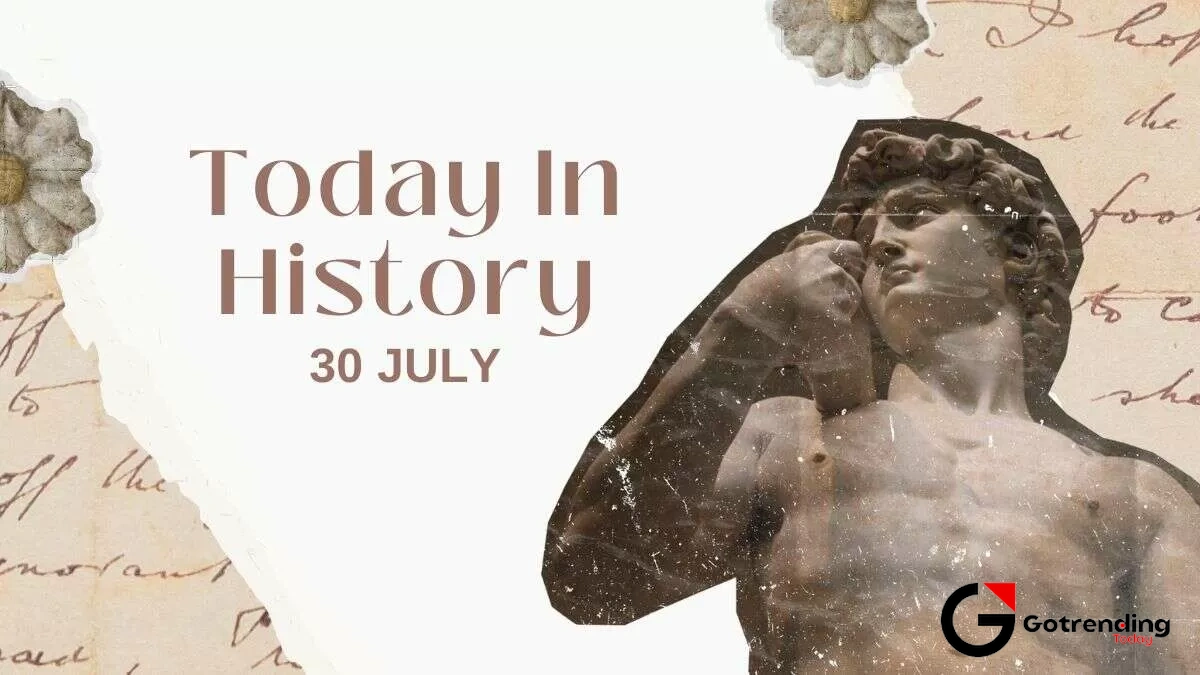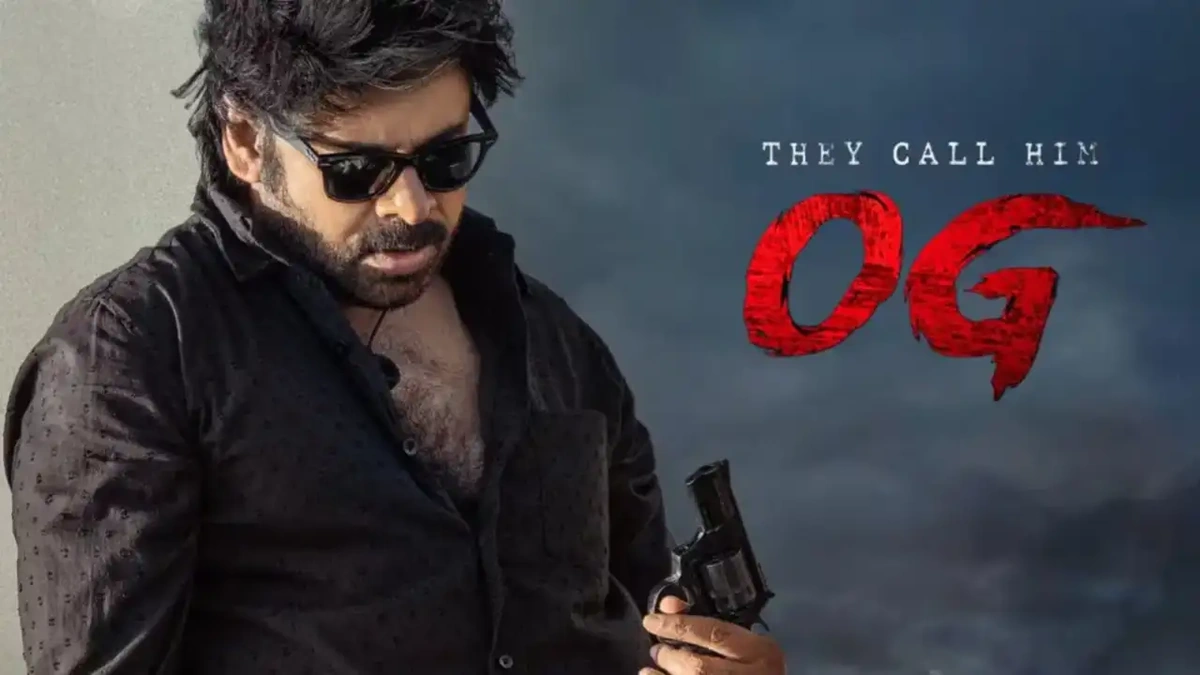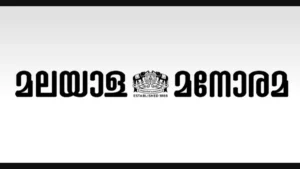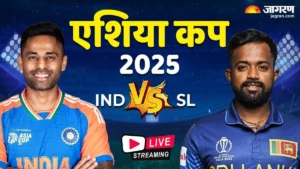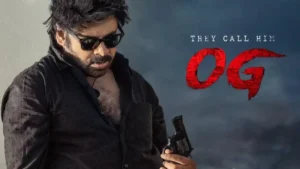That One Day in July | More Than Just a Date on the Calendar
There’s a specific kind of quiet comfort in an old friendship, isn’t there? The kind where you can sit in silence without it being awkward. The kind built on a shared history of terrible haircuts, questionable life choices, and inside jokes that wouldn’t make a lick of sense to anyone else. It’s a foundation. A bedrock. And I was thinking about that, nursing a cup of chai on a ridiculously humid afternoon, when I glanced at the calendar. 30 July . A date that, for many, just floats by. But it got me thinking.
In India, we have a strange relationship with Friendship Day. We’ve wholeheartedly adopted the tradition the bracelets, the frantic last-minute plans, the Instagram stories. But we do it on the first Sunday of August. It’s a loud, colourful, very commercial affair. Which is why the official UN-designated International Day of Friendship on 30 July often slips by with less fanfare. It feels… quieter. More reflective, maybe?
The UN established it back in 2011 with a rather beautiful idea: that friendship between peoples, countries, and cultures can inspire peace efforts and build bridges between communities. It’s less about which friend gets you the best gift and more about the fundamental meaning of friendship as a global force for good. A bit lofty, I know. But I kind of like it.
But Wait, There’s a Shadow on 30 July
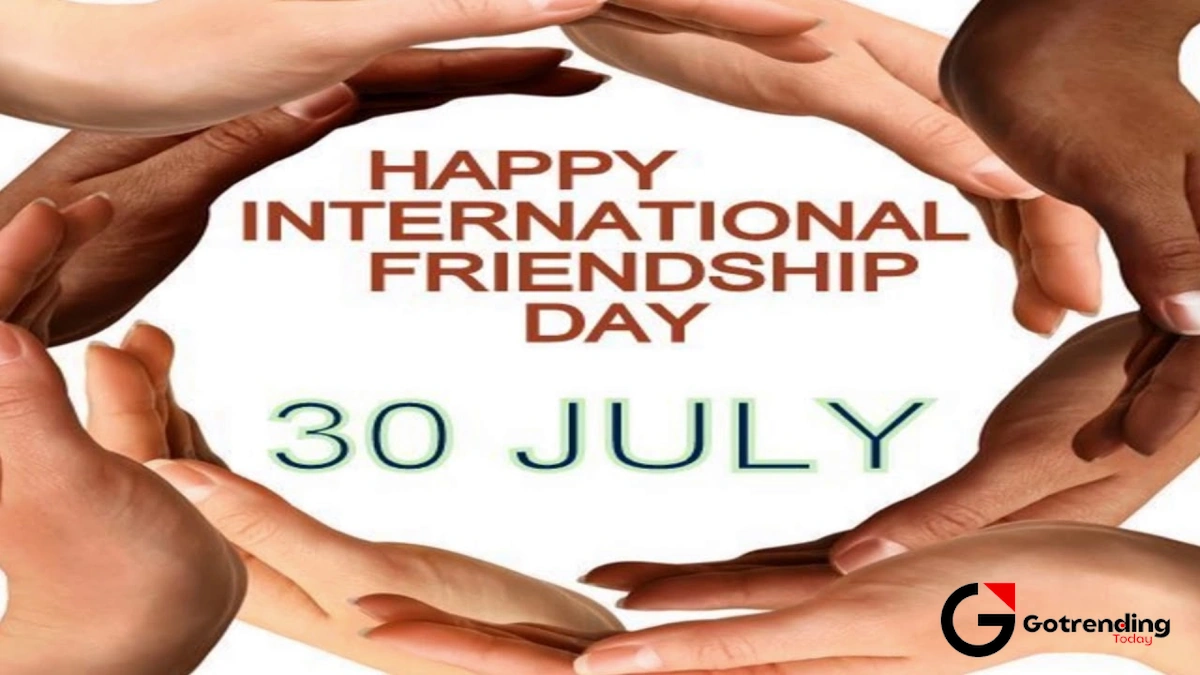
And here’s where the day gets complicated, and honestly, far more interesting. Because as I was tumbling down this rabbit hole of peace initiatives and cultural bridges, I found something else. The very same date, 30 July , is also designated by the UN as the World Day Against Trafficking in Persons .
Talk about a tonal shift.
One minute you’re thinking about sharing a laugh with your best mate, and the next you’re confronted with one of the darkest crimes imaginable. It felt jarring. Almost like a mistake on the calendar. But the more I sat with it, the more profound it seemed. It’s not a contradiction. It’s a call to action. It’s a reminder that while we celebrate the bonds of trust and support that enrich our lives, we must also turn our attention to the invisible chains of exploitation that destroy others.
The frustrating thing is how massive the problem of human trafficking is. It feels overwhelming, something that happens in gritty crime dramas, not in our world. But the whole point of a day like this is human trafficking awareness . It’s about pulling back the curtain. And placing it on the same day as a celebration of friendship… well, that feels deliberate. It forces us to confront an uncomfortable truth: the greatest acts of evil often happen when good people aren’t looking out for each other. When the ‘friendship’ in a community breaks down.
Friendship as an Act of Defiance
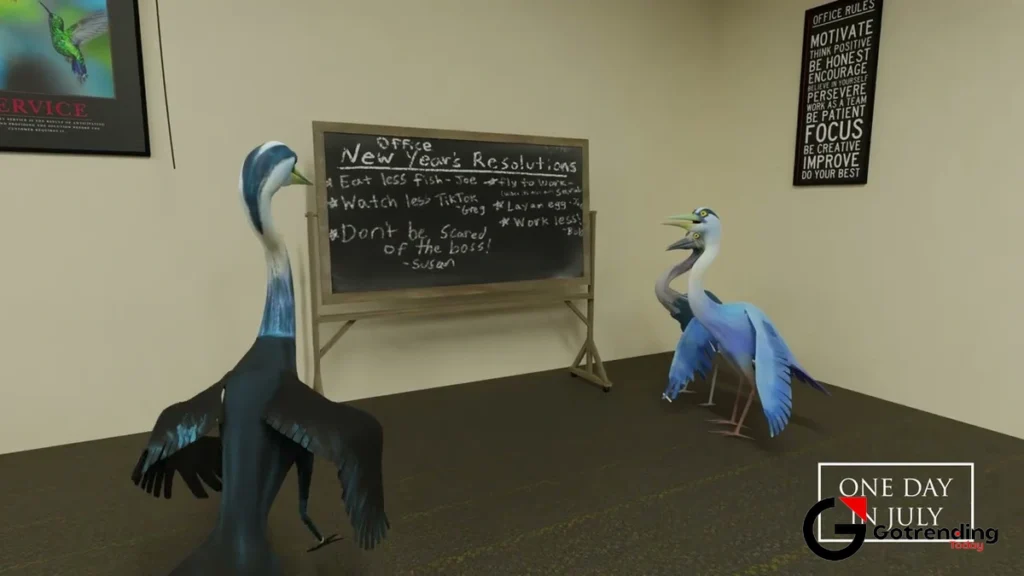
So what do we do with this? This day of jarring duality. Do we ignore one for the other? I don’t think so. I think the juxtaposition is the entire point. Perhaps the most authentic way of celebrating Friendship Day isn’t just about our inner circle. Maybe it’s about extending the principles of friendship empathy, protection, loyalty, speaking up for someone outward into our communities.
Think about it. Traffickers prey on vulnerability. On isolation. They look for people who don’t have a support system, who don’t have a friend to call, who won’t be missed. A strong, vigilant, and caring community is a hostile environment for predators. It’s a network of friends, neighbours, and colleagues looking out for one another. It’s noticing when something is wrong and having the courage to ask, “Are you okay?” In a way, it’s about reviving the spirit of community we often see idealized in old films.
This isn’t about being a superhero. It’s about being a good human. It’s about understanding that the safety nets we take for granted the friends we can call at 2 AM, the family that has our back are luxuries not afforded to everyone. And that awareness, that simple act of seeing and caring, is a form of resistance. It’s what gives these UN observance days their power. They aren’t just dates; they are prompts for reflection and, hopefully, action. It’s about using our collective awareness, almost like a network of interconnected agents , to create a safer world.
So, when 30 July 2025 rolls around, I’m going to try and hold both ideas in my head at once. I’ll send a message to that old friend, the one with whom I share that terrible haircut history. And I’ll also take a moment to read up on the work being done by organizations fighting human trafficking, maybe even donate. Because celebrating the light of friendship feels incomplete if you’re not willing to at least acknowledge, and perhaps even push back against, the darkness. The day is big enough for both. We have to be, too.
Your Questions About 30 July, Answered
Why does India celebrate Friendship Day on a different date than the rest of the world?
This is a great question and a source of common confusion! The short answer is marketing and tradition. The first Sunday of August was popularized in India largely through greeting card companies in the 90s, and it just stuck. It became a cultural phenomenon, especially among the youth. The UN’s International Day of Friendship on 30 July is a much more recent, and more formal, global observance focused on peace and understanding, whereas the August date in India is more of a social celebration.
What’s a simple way I can observe the World Day Against Trafficking in Persons?
It doesn’t have to be a grand gesture. Start with education. Spend 15 minutes reading about the signs of human trafficking from a reputable source like the UN or a local NGO. Share an informative post on your social media to raise human trafficking awareness among your friends. Many organizations, as highlighted on platforms like HT Entertainment when celebrities get involved, run campaigns you can support. Awareness is the first step and a powerful tool in itself.
Is the International Day of Friendship a public holiday?
Nope, it’s not a public holiday in India or in most other countries. It’s an observance day, not a day off work! Its purpose isn’t to give everyone a holiday, but rather to encourage governments, organizations, and individuals to hold events and activities that promote dialogue, solidarity, and reconciliation between communities.
Can one person’s actions really make a difference against a huge problem like human trafficking?
Absolutely, yes. It’s easy to feel helpless, but traffickers rely on public ignorance and apathy. When you learn to spot the signs, you become a “first responder” in your community. When you support ethical businesses, you reduce the demand for forced labour. When you talk about the issue, you chip away at the secrecy that allows it to thrive. Collective change is just the sum of individual actions. Never underestimate your part in it.
